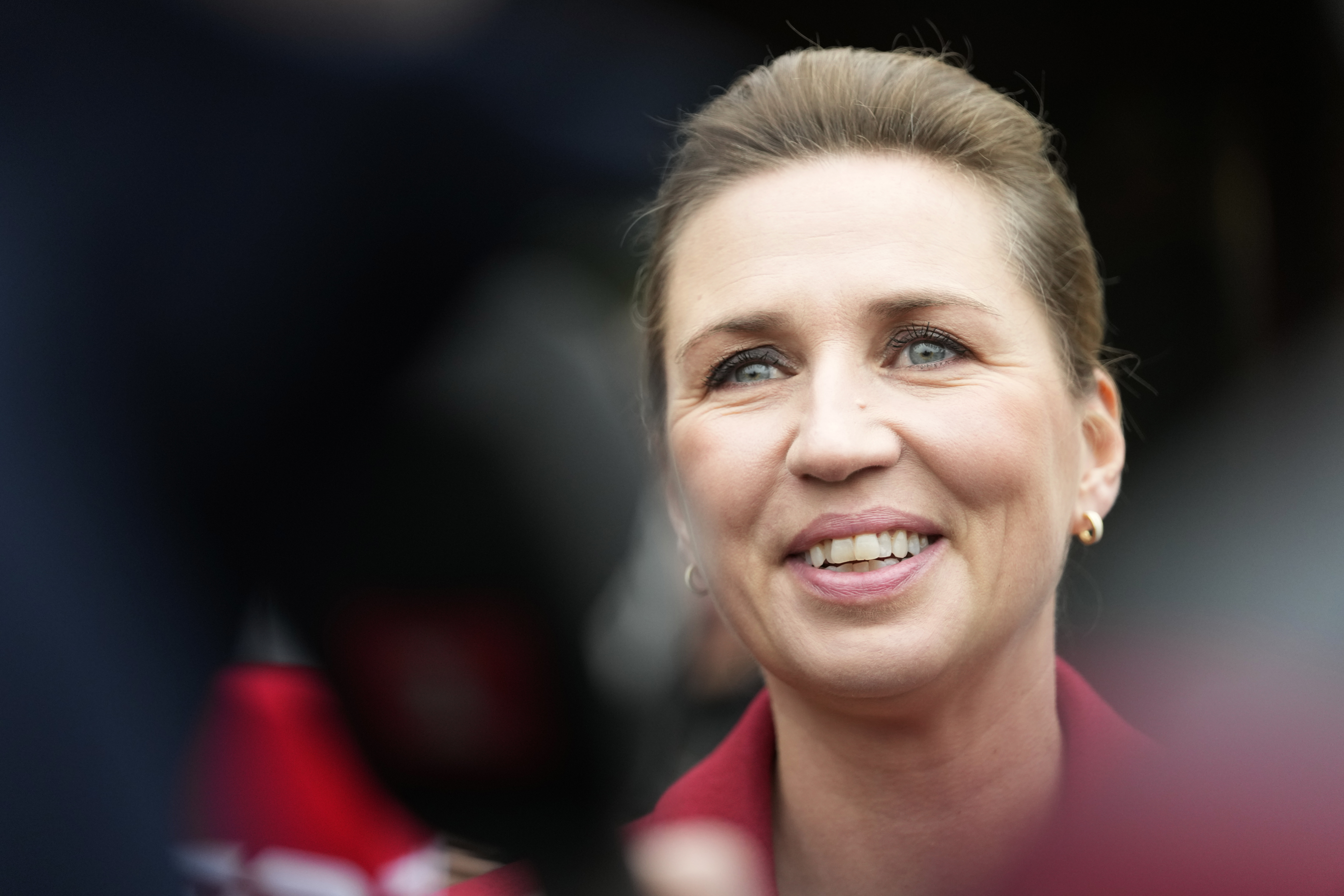After Danish Prime Minister Mette Frederiksen was forced to declare snap elections in early October, Danes are headed to the polls today to vote in a new government, and although Frederiksen may hold on to power, the political map is certain to change following the election.
Denmark is already one of the more politically splintered countries in Europe, featuring a government split between 14 parties. The current left-leaning “red bloc” is polling between 47 and 49 percent while the conservative “blue bloc” is polling between 41 and 43 percent. Within the “blue bloc,” approximately 15 percent is made up of three populist, anti-immigration parties.
[pp id=7902]
If those polling numbers hold up, then neither wing will likely reach the 90 seats needed to form a majority in Denmark’s 179-seat parliament, and that means Frederiksen will need Lars Løkke Rasmussen, the former prime minister who resigned from the center-right Liberals this year to form the Moderate party, which is now tied for third place in the polls at 9 percent since it was created.
Rasmussen’s party could gain up to 20 seats in parliament and serve as a tie-breaker, giving the former prime minister from 2009 to 2011 and again from 2015 to 2019 an outsized amount of power. In fact, the Moderates may even attempt to form a coalition out of the more center-oriented parties and cut out Frederiksen entirely. He is known for his hard-nosed negotiation style and analysts believe he will likely hold out for a top spot in the government or the prize position of prime minister.
[pp id=48440]
As Remix News has extensively reported, Frederiksen is a unique politician when it comes to migration, with her left-wing Social Democrats promoting one of the strictest immigration policies in Western Europe. As a result of her adopting many of the positions of the right on immigration, her party has successfully absorbed a fair number of voters who otherwise would have chosen a conservative party.
In addition, a large majority of the Danish electorate rejects mass immigration, which means the issue of immigration has nearly become a non-issue due to agreement from both the left and right on most issues related to the topic.
As a result, Danes are more concerned about the economy and foreign policy. Both Rasmussen and Frederiksen have made energy shortages, inflation and foreign policy related to the war in Russia central to their campaigns. Following today’s elections, it is still expected to take weeks for the parties to come to an agreement about who should hold power unless Frederiksen’s red bloc can manage to score above 50 percent.





